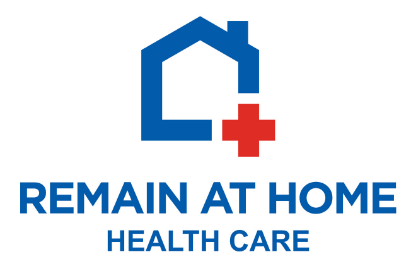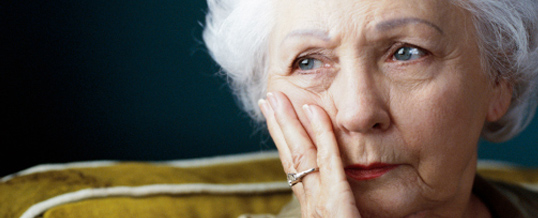Whether the scenario involves persuading someone to stick to their medication routine, get off the couch and plug back into the world, or just change a well-worn shirt, motivating a senior can sometimes require tact and finesse.
In many ways, trying to help an aging parent or loved one isn’t unlike trying to motivate a high-school senior. Both are at the end of one stage of life, and neither knows what the next stage will bring, so they often simply go through the motions of life with little enthusiasm and even possibly a good bit of resentment until stirred into action.
Getting exercise is one of the best ways for seniors to combat inertia. And research indicates it can be as helpful – if not more helpful – than medication in treating depression. Physical activity also serves as a natural sleep aid, which can be beneficial to the aged in terms of maintaining routines that bring a sense of order to life. (As always, consult with your physician before stopping any medications and before starting a new exercise regimen.)

Brian Carrigan
Founder & Co-Manager
Staying connected with friends and family is another way to stimulate the elderly, despite a senior’s emphatic assurance that they prefer isolation. Being alone is never healthy for prolonged periods of time and can lead to depression and feelings of hopelessness. But like the high-school senior, nobody wants their intelligence insulted. Treat an aging family member like a peer who has something meaningful to contribute (never underestimate the stories and experiences of our seniors!).
In some cases, a senior may be motivated to become more active, but might not know how to pursue activities and/or connections in their communities that would interest them. In Athens, especially, there are a host of organizations and opportunities for retired folks, and in many cases, transportation is provided. Even if a senior is stubborn, it’s far better that they spend time around others rather than being left alone.
Stubborn seniors are with us now and always. They’ve set their place at the table of life and have had a hand in creating the community we live in. Helping seniors discover the motivation to try new things, become more active, while taking care of themselves, is our responsibility. After all, this is the same person who gave you that swift kick-in-the-tail at your own critical moment in life (high school analogy again?), and who ultimately had a direct hand in shaping the kind of person you are today.




